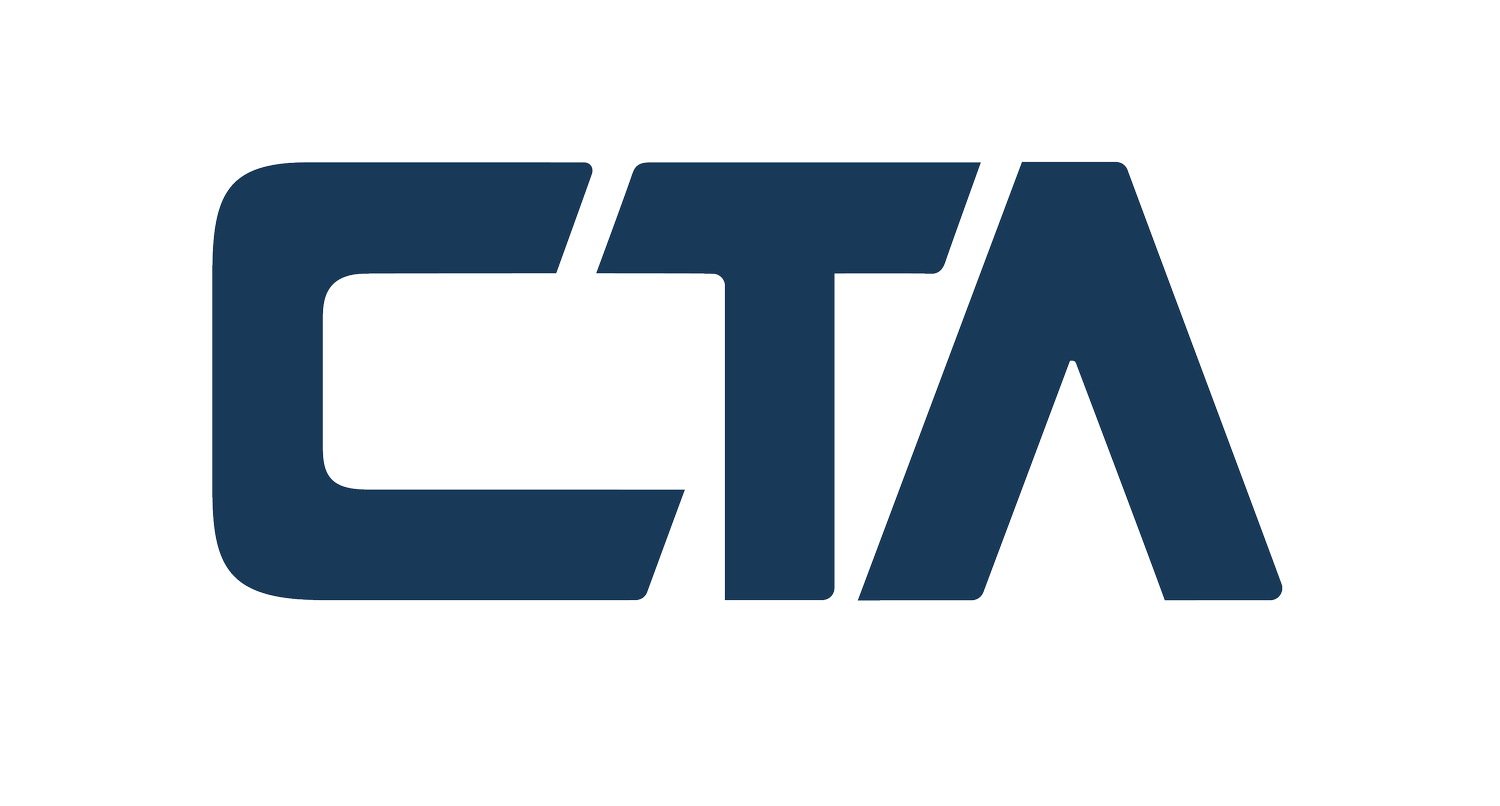As we move into 2024, it’s essential for business owners to stay informed about the various tax deductions available to them. Understanding these deductions can significantly impact your bottom line, allowing you to reinvest in your business or allocate funds toward growth. Here’s a look at some of the top tax deductions every business should be aware of this year.
1. Employee Retention Credit (ERC)
The Employee Retention Credit (ERC) was introduced as part of the COVID-19 relief efforts to incentivize businesses to retain employees during challenging times. In 2024, businesses can still take advantage of this credit, which allows them to claim up to $7,000 per employee per quarter, depending on their situation.
To qualify, businesses must demonstrate that they experienced a decline in gross receipts or were fully or partially suspended due to COVID-19 restrictions. If you haven’t claimed the ERC yet, consider consulting a tax professional, as it can be retroactively applied to eligible periods.
2. Section 179 Deduction
Section 179 of the Internal Revenue Code allows businesses to deduct the full purchase price of qualifying equipment and software purchased or financed during the tax year. For 2024, the deduction limit is set to $1,160,000, with a phase-out threshold of $2,890,000.
This means that businesses can write off the entire cost of new equipment, up to the deduction limit, making it an attractive option for those looking to invest in their operations. Eligible items typically include machinery, vehicles, and certain types of software.
3. Section 174 R&D Deduction
Section 174 allows businesses to deduct research and development (R&D) expenses, which can be particularly beneficial for companies in technology, engineering, and other innovative sectors. In 2024, businesses can continue to deduct R&D expenses in the year they are incurred, which includes costs related to developing or improving products, processes, or software.
This deduction is especially important for startups and businesses focusing on growth and innovation, as it can significantly reduce taxable income and help fund future projects.
4. Cost Segregation
Cost segregation is a tax strategy that allows businesses to increase cash flow by accelerating depreciation deductions on commercial property. By identifying and classifying assets within a property (such as personal property or land improvements), businesses can write off certain costs more quickly than the standard 39-year depreciation schedule.
In 2024, this strategy remains a valuable tool for real estate investors and businesses with significant capital investments in property. By consulting with a cost segregation specialist, businesses can potentially reduce their tax liability and improve cash flow.
5. Investment Tax Credit (ITC)
The Investment Tax Credit (ITC) provides a tax credit for businesses investing in renewable energy projects, such as solar energy systems. For 2024, businesses can claim a credit of 30% of the installation costs, which can significantly reduce the upfront costs of adopting renewable energy solutions.
As sustainability continues to be a focal point for businesses and consumers alike, taking advantage of the ITC not only helps reduce tax liability but also aligns with environmentally friendly initiatives.
Conclusion
Staying informed about the top tax deductions available in 2024 can help your business maximize its tax savings and improve overall financial health. From the Employee Retention Credit to Section 179 and cost segregation strategies, these deductions provide valuable opportunities for businesses to reinvest in their operations.
Consider consulting with a tax professional to ensure you are taking full advantage of these deductions and to tailor strategies that best fit your unique business needs. With careful planning, you can navigate the complexities of tax season and position your business for success in the coming year. Get expert guidance on tax savings and compliance from trusted ITC tax consultants for your business. Stay informed on the latest tax law changes and how the Section 174 repeal could impact your business’s R&D deductions.









